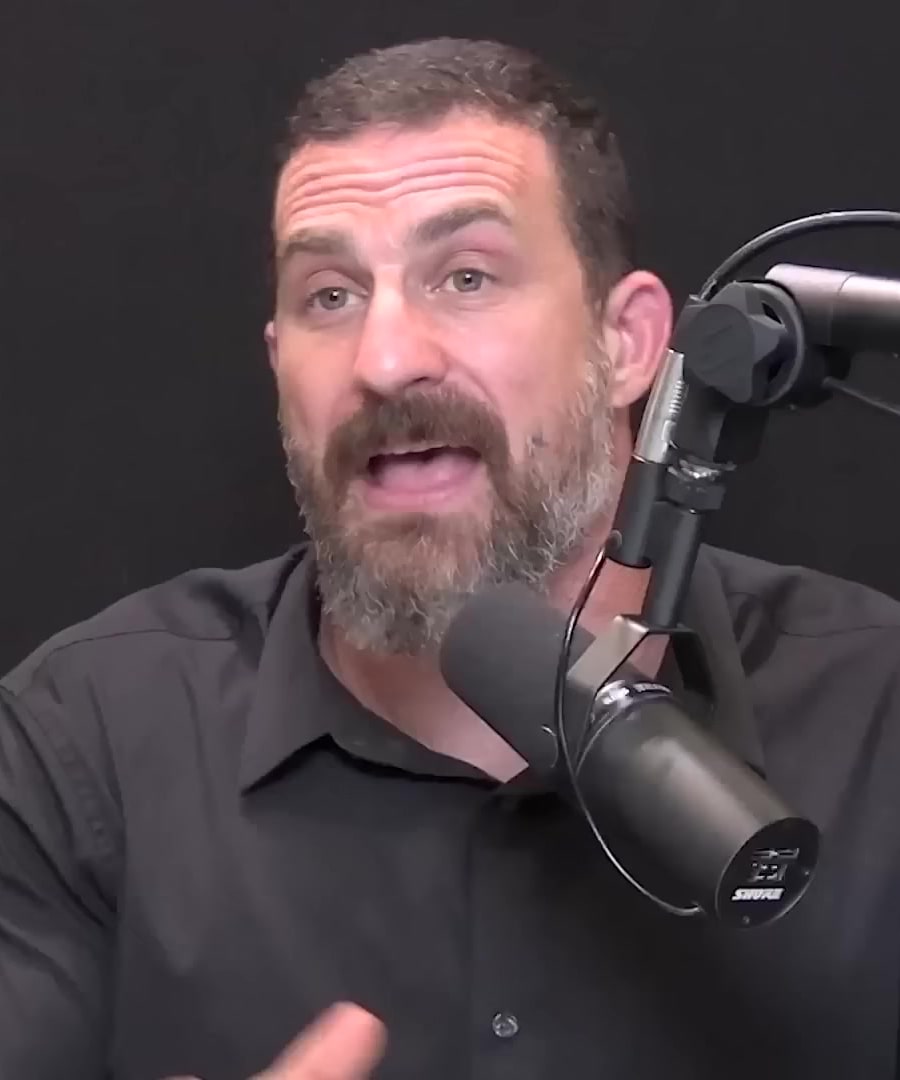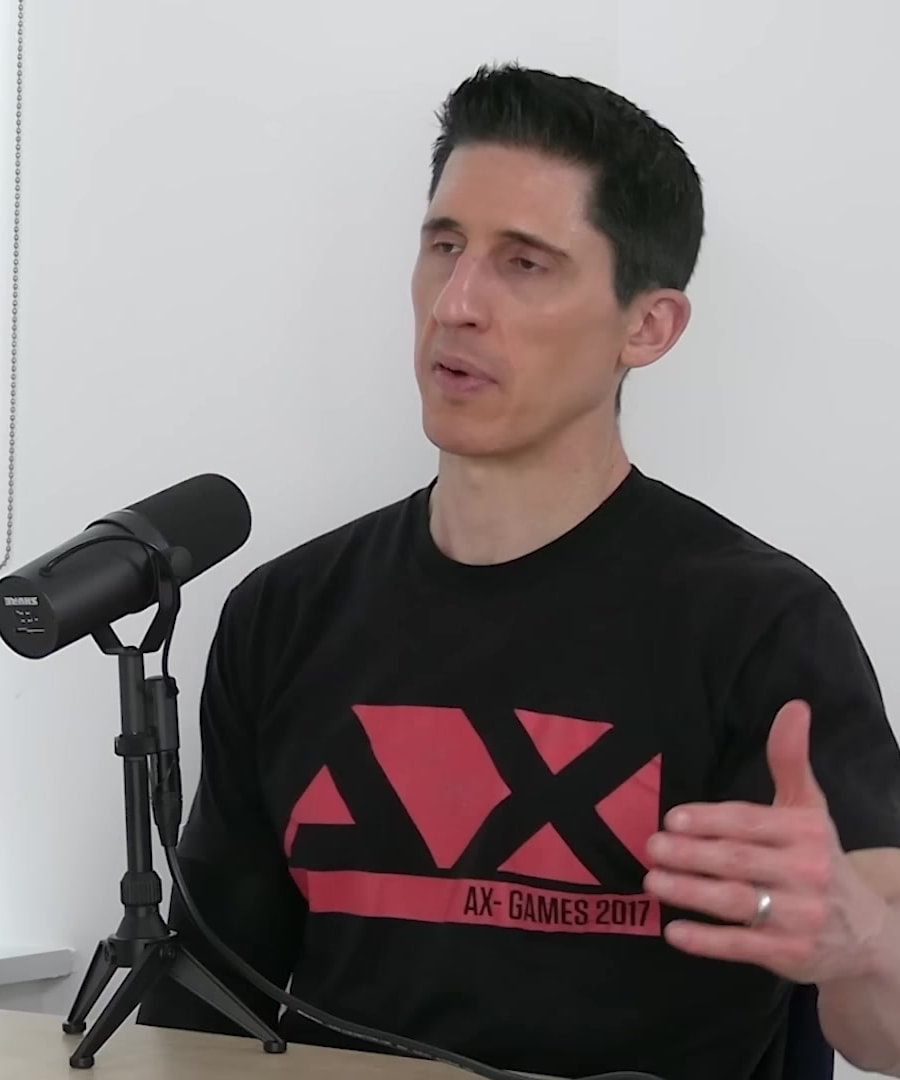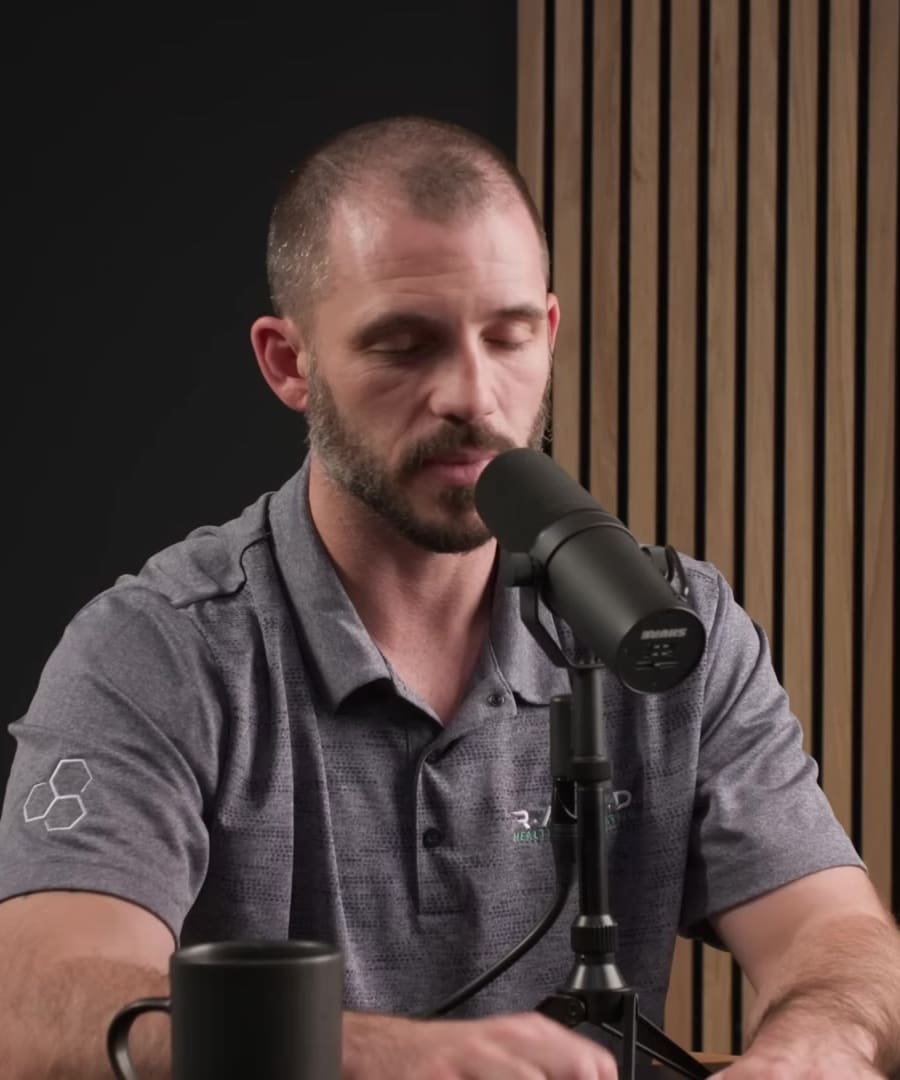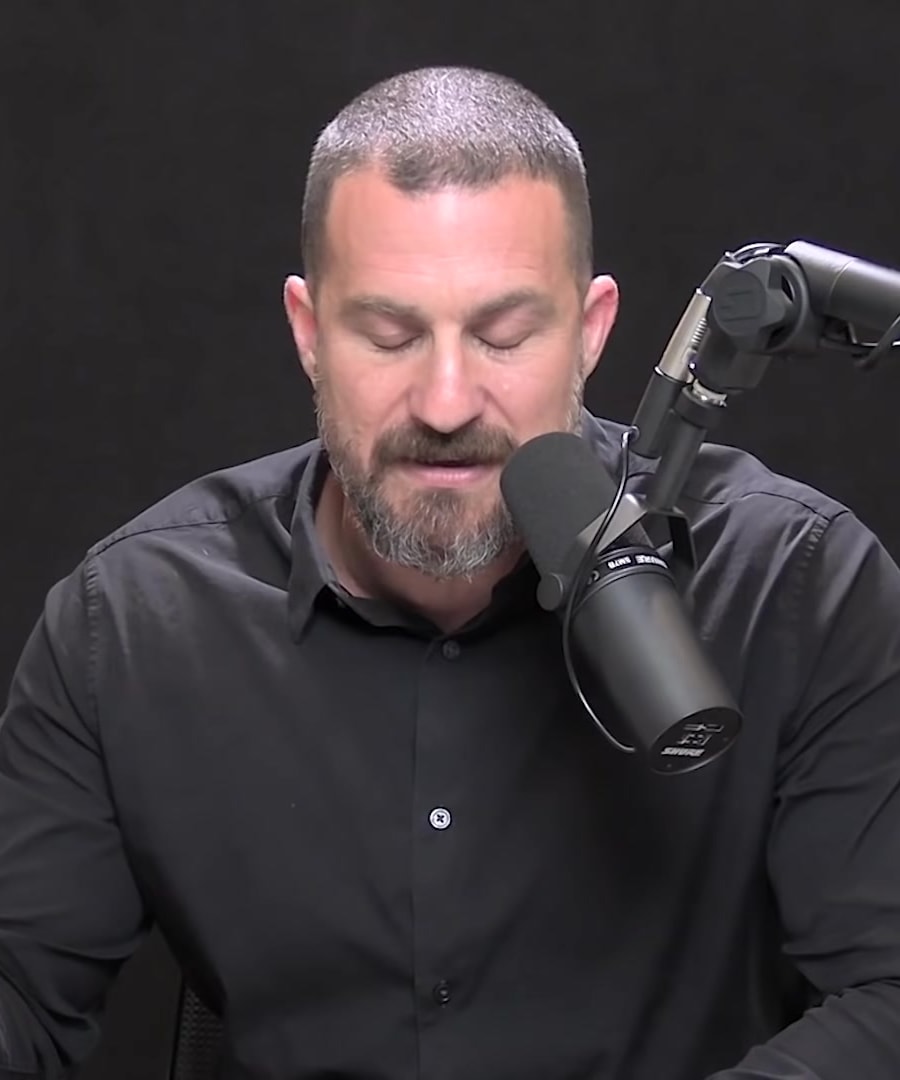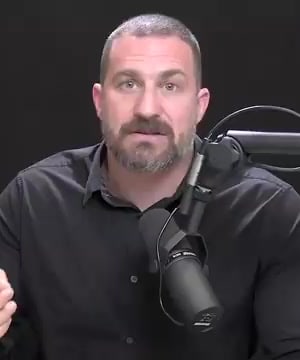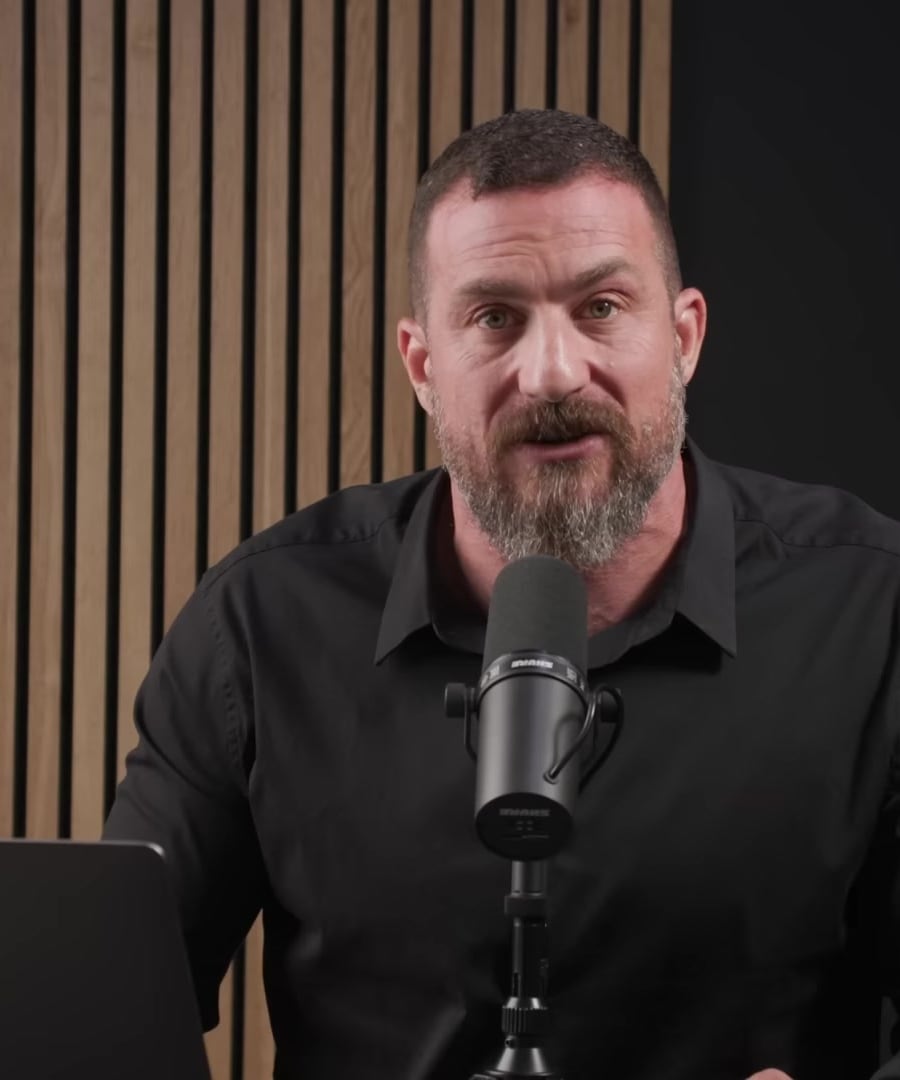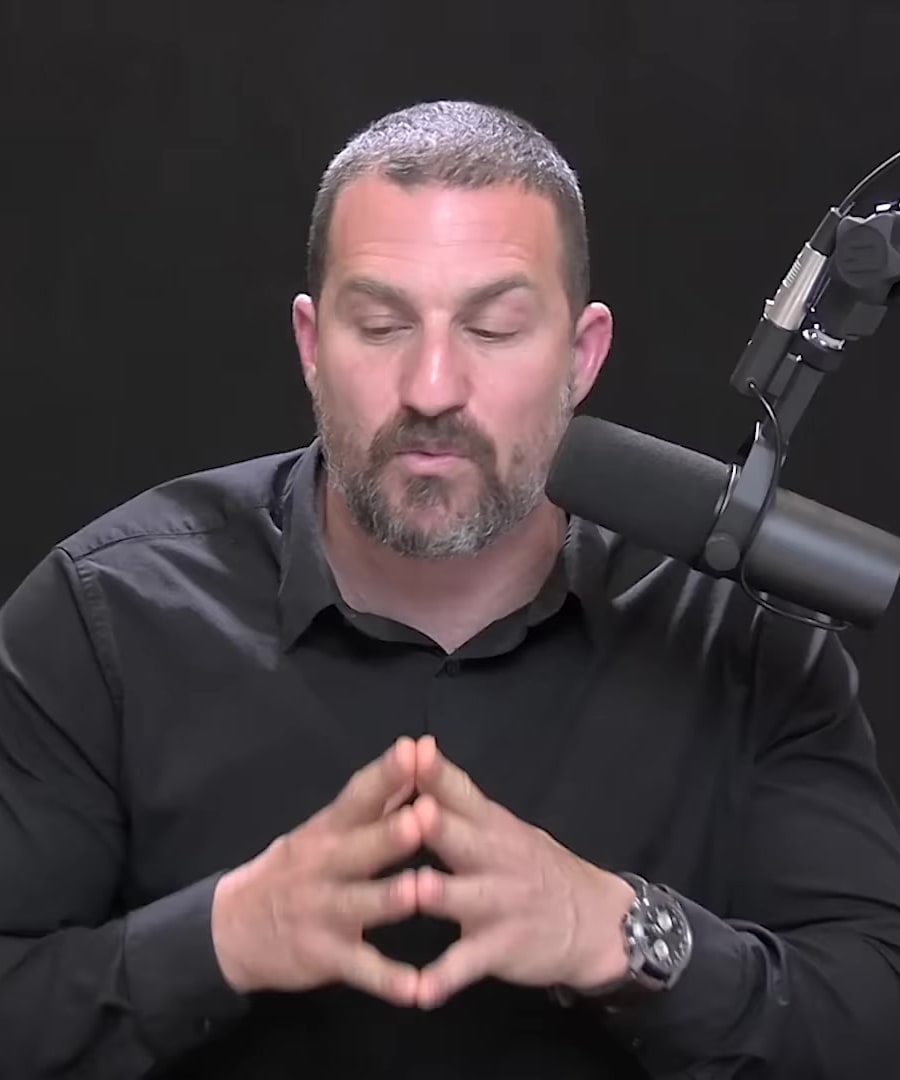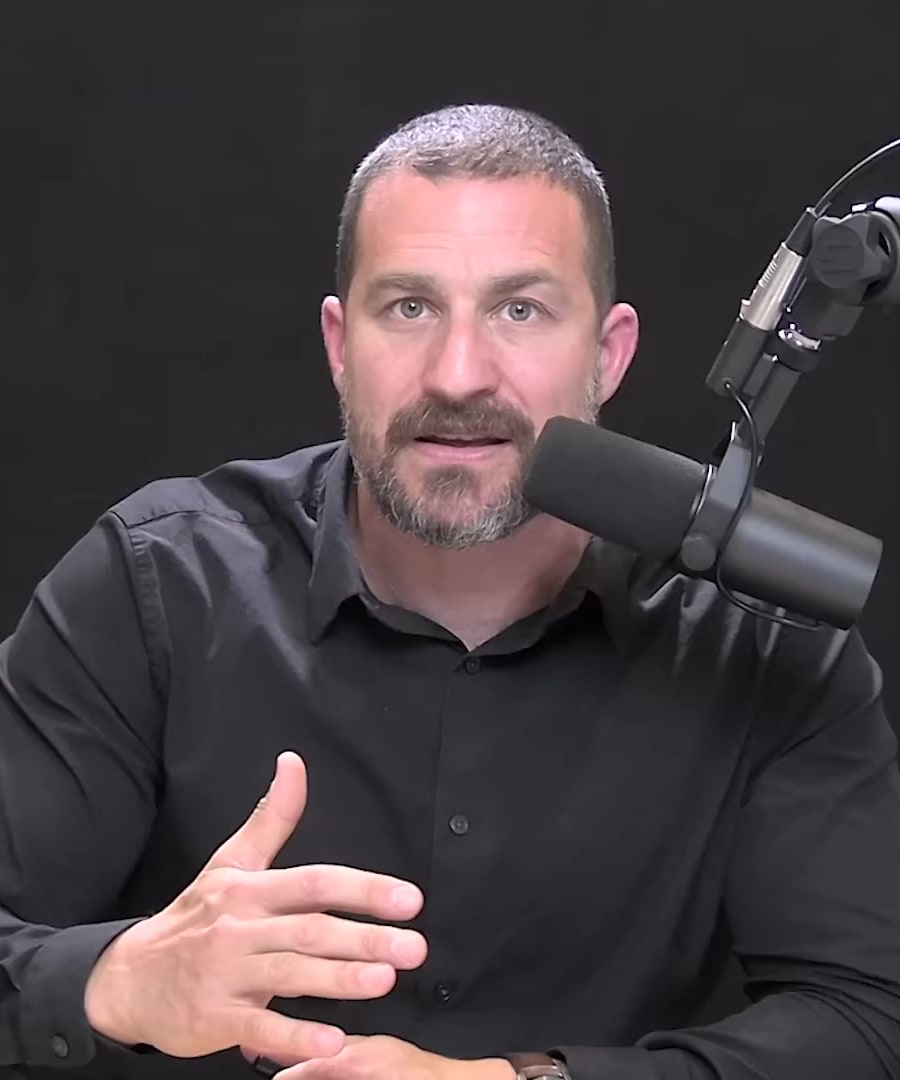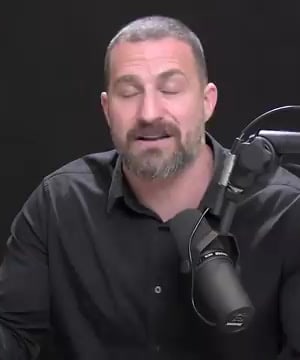Should you eat breakfast before or after workout
Sources:
expresses his preference for fasted training, especially for cardiovascular work and resistance training. He tends to have his first meal around 11:00 AM, sometimes varying based on hunger levels. For resistance training sessions, particularly leg workouts, he ensures he consumes carbohydrates like rice or pasta the night before to maintain glycogen levels in his muscles. Huberman emphasizes that nutrition can be a controversial area and recommends figuring out what optimizes one's training for their specific goals, which for him often means training fasted followed by eating soon after training, including carbs and protein post high-intensity resistance workouts 1.
, a physical therapist and certified strength specialist, notes that while specific nutrients pre or post-workout are less dogmatic, he believes people should have protein surrounding their training. He debunks the myth of urgency in consuming nutrients immediately after workouts, suggesting that the body can utilize nutrients even hours after training 2.
Dr. Andy Galpin suggests that the total amount of protein ingested throughout the day is more significant for muscle growth than timing, while the timing of carbohydrate intake does matter, particularly for replenishing glycogen levels, especially for athletes training multiple times a day 3.
Ultimately, advises finding a routine that optimizes your individual training goals, which could mean eating before or after a workout depending on the person's preference and the specific goals of their training regimen.
RELATED QUESTIONSSummarize Fitness Toolkit: Protocol & Tools to Optimize Physical Health | Huberman Lab Podcast #94
The from the , hosted by , covers a range of topics to optimize physical fitness and health. The episode includes the following key insights:
- Foundational fitness protocols are laid out, including a fitness template for structuring workouts effectively.
- The benefits of "micro-exercises" are discussed, such as their role in regulating blood glucose and how soleus pushups can be integrated into daily routines.
- Dr. Huberman emphasizes the link between health and sleep, detailing the essentials of sleep for fitness.
- There is a focus on the importance of leg day and how it can enhance overall fitness and health.
- Resistance training principles are discussed, giving insights into muscle training frequency, building muscle, and weight training protocols.
- Recovery routines are explored, with emphasis on recovery being as important as the workout stimulus. This includes the advantages of hot and cold contrast methods.
- There is guidance on cardiovascular endurance training, including tips for optimizing fitness protocols.
- The episode touches on the flexibility of fitness schedules, the mind-muscle connection, and tips for training safely.
- Additionally, topics like bar hanging benefits, training during illness, and recovery breathing practices are covered.
- Dr. Huberman also discusses whether it's best to train fasted or fed, gives flexibility and nervous system tips, and explores ways to exercise after poor sleep.
This episode serves as a comprehensive resource for those looking to create or refine their approach to physical health and fitness.
RELATED QUESTIONSList clips similar to "Fasted Training"
Sources:
Here is a list of clips similar to "Fasted Training":
-
Brain Nutrition: Andrew Huberman discusses the benefits of not eating for brain health, as well as exercising while fasted for cellular, liver, and organ health 1.
-
High-Intensity Training: Effects of high-intensity interval training on blood glucose levels and its relation to the timing of the workout are explored 2.
-
Performance and Fasting: Conversation with Lex Fridman about the effects of fasting on athletic performance and how it impacts alertness and explosiveness in training 3.
-
Training Fasted: Andrew Huberman shares his training routines, his preference for fasted training, and the importance of glycogen 4.
-
Fasted Exercise: This clip delves into whether exercising fasted leads to more fat burning and looks at the role of insulin 5.
-
Fasted Training: Andrew Huberman talks about his own fasted training routine and addresses the controversy surrounding fasted versus fed training 6.
-
Burn More Fat: Andrew explains exercising intensively and then switching to steady-state exercise can help burn more fat, especially if done while fasted 7.
-
Fasting and Glucose: This clip discusses how fasting can help speed the transition from fed to fasted states and looks into glucose disposal agents like Metformin and berberine 8.
RELATED QUESTIONS-
